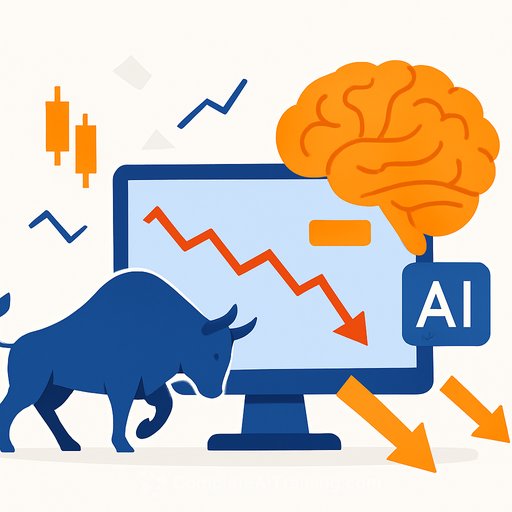AI and the Future of Finance: Weighing the Pros and Cons
Artificial intelligence is increasingly present in financial management, prompting both excitement and caution among professionals. As the economy faces various challenges, AI tools offer new ways to handle money, but they come with their own set of advantages and risks.
Benefits of AI in Financial Management
- Data-Driven Decisions: AI can analyze vast amounts of financial data quickly, helping identify trends and opportunities that humans might miss.
- Efficiency and Automation: Routine tasks such as portfolio rebalancing, risk assessment, and fraud detection become faster and more accurate with AI, freeing up time for strategic planning.
- Personalized Recommendations: AI can tailor investment advice based on individual risk tolerance and goals, offering more customized financial strategies.
Challenges and Risks to Consider
- Reliance on Algorithms: AI systems depend on the quality of their data and models. Incorrect assumptions or biases can lead to flawed decisions.
- Market Volatility: Automated systems may react unpredictably in volatile markets, sometimes amplifying risks instead of mitigating them.
- Security Concerns: The integration of AI raises potential vulnerabilities, making cybersecurity a critical focus for financial institutions.
For finance professionals, balancing AI tools with human judgment is key. Leveraging AI effectively means understanding both its capabilities and limitations.
Those interested in enhancing their AI skills relevant to finance can explore specialized courses and certifications to stay current. Resources like Complete AI Training’s finance-focused AI tools offer practical insights and training materials.
As AI continues to influence financial sectors, staying informed and critically evaluating these technologies will help professionals make smarter, safer decisions in managing money.
Your membership also unlocks:






